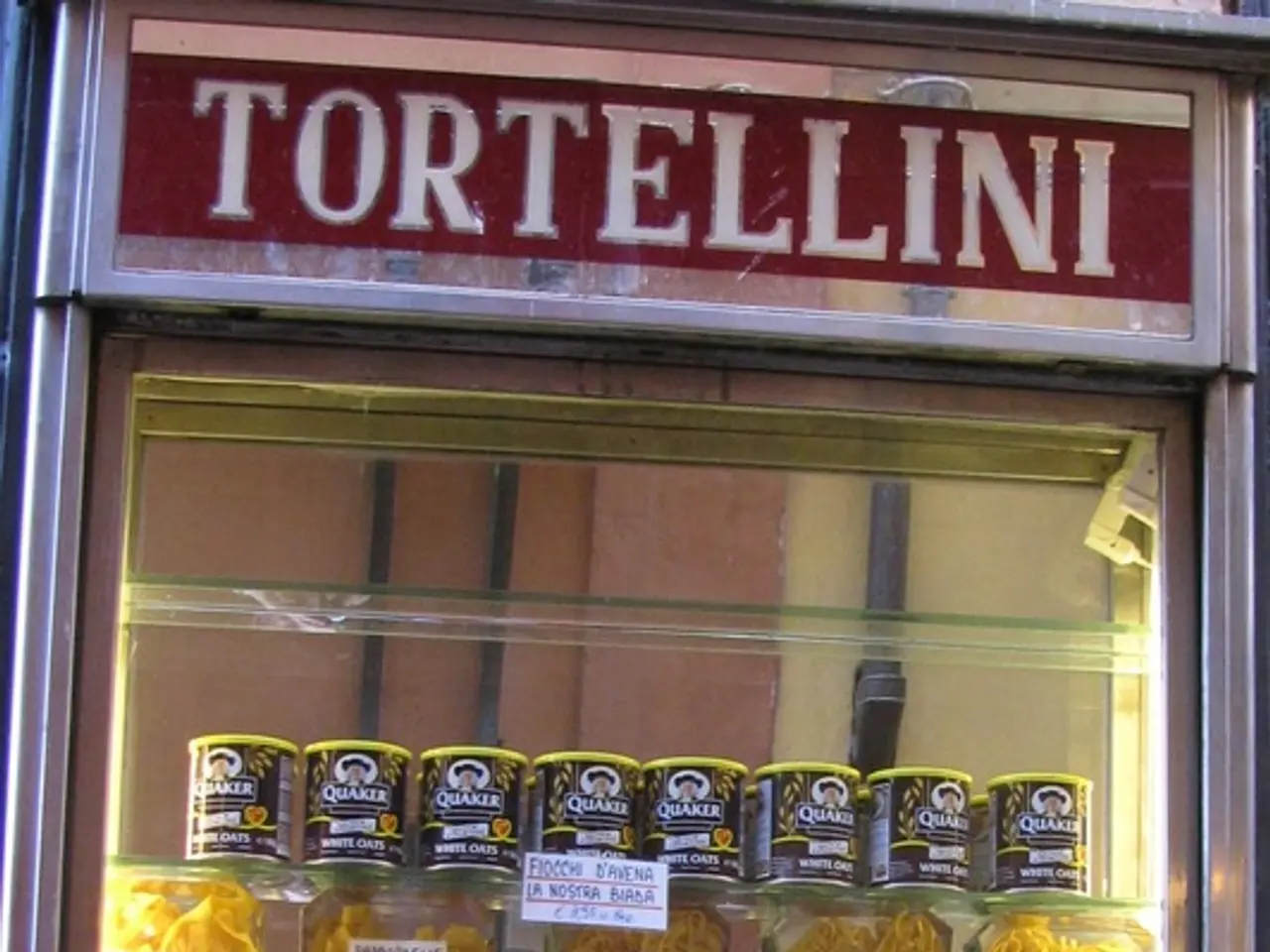Raising Lab Freezer Temperatures Saves Energy and It's a Global Trend
In an effort to reduce waste and energy consumption, McGill University's Reinhardt Laboratory has adopted the use of ultra-low freezers running at minus 65 degrees Celsius. This change, part of a global movement spearheaded by the International Freezer Challenge, is designed to preserve biological samples while being more environmentally friendly.
The International Freezer Challenge encourages laboratories to rethink their storage practices, as most of the items stored in ultra-low freezers are not being actively used. Dieter Reinhardt, PhD, explains that freezers can become cluttered, energy-hungry graveyards due to the accumulation of old samples. By increasing the temperature by a few degrees, labs can cut electricity use by as much as 30 percent, adding years to the equipment and decreasing the frequency of defrosting.
The Reinhardt Laboratory's decision to switch to ultra-low freezers is not only environmentally friendly but also financially sensible. Traditional freezers at minus 80 degrees Celsius consume more energy, and compressors have to work harder to maintain the ultra-low temperatures, requiring a lot of electricity and shortening the lifespan of the equipment.
McGill has joined the International Freezer Challenge and offers prizes to participating labs. Allen Doyle launched the "Just Call Me Ultra-Low" campaign to break the cultural association between freezers and one magic number. Researchers worldwide are sharing data on what survives at different temperatures to maintain samples while being less wasteful.
One notable example of this is the Faculty of Medicine at McGill University, which received support in 2011 from the Sustainability Projects Fund to store DNA samples at room temperature. Storing DNA samples at room temperature was proven to work, and this is an increase from the traditional minus 80 degrees Celsius.
However, it's important to note that not all samples can withstand the increased temperature. Some reagents are sturdy enough at minus 65 degrees Celsius, while others, like messenger RNA, are notoriously fragile. Reinhardt suggests keeping accurate inventories and cleaning house regularly to address the issue of cluttered freezers.
Since its launch six years ago, the International Freezer Challenge has saved more than 24 million kilowatt hours of energy worldwide. The goal of the campaign is to build evidence-sample by sample-that scientists can still maintain their samples while being less wasteful. Old samples are often squirreled away instead of being trashed due to the time and effort required to generate them, but with these initiatives, the scientific community is taking a step towards a more sustainable future.
Read also:
- Trump's SNAP reductions and New York City Council's grocery delivery legislation: Problems for city residents highlighted
- Reducing dental expenses for elderlies in Sweden: Over 50% cut in charges for pensioners by the government
- Forty-year-old diet: A list of meal choices to savor
- Exiled Life's Conundrum: A Blend of Liberation, Disillusionment, and Distress





